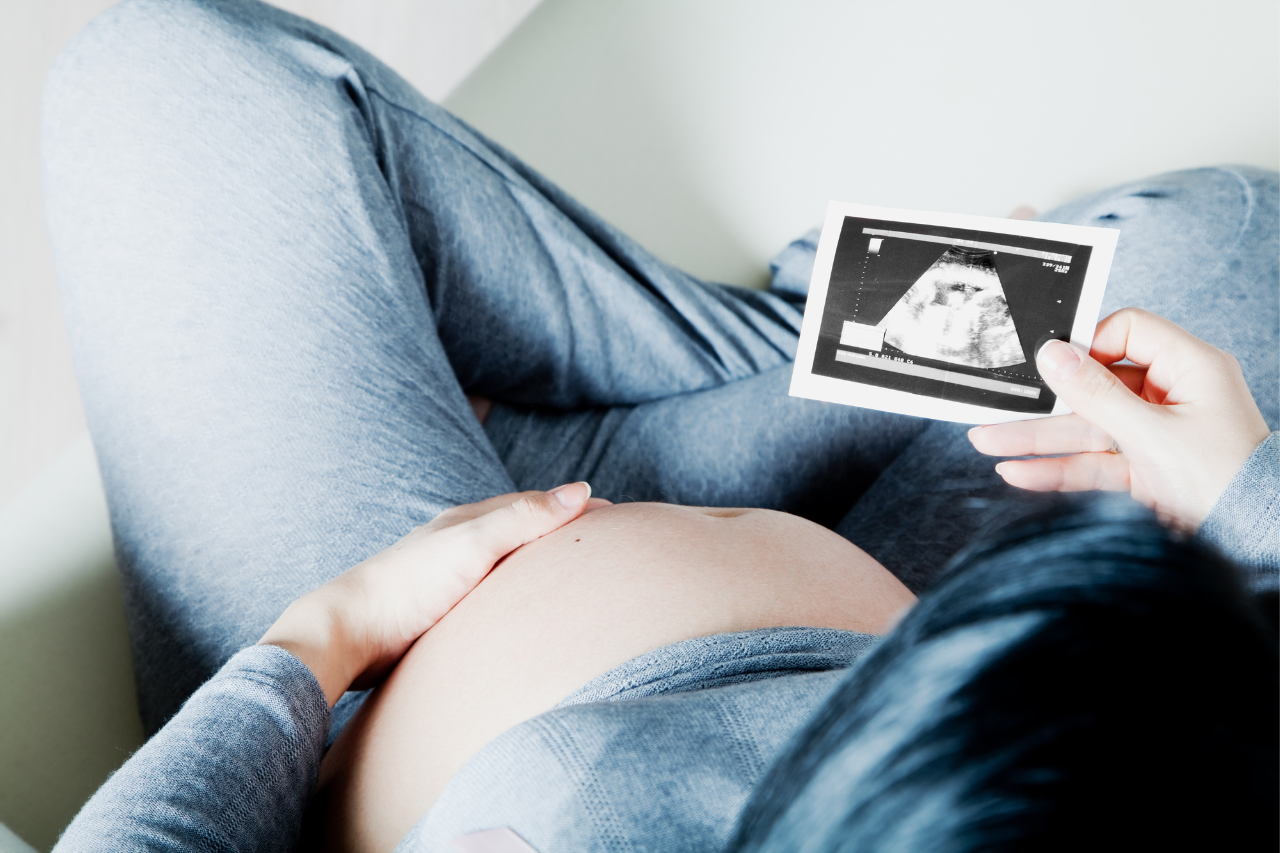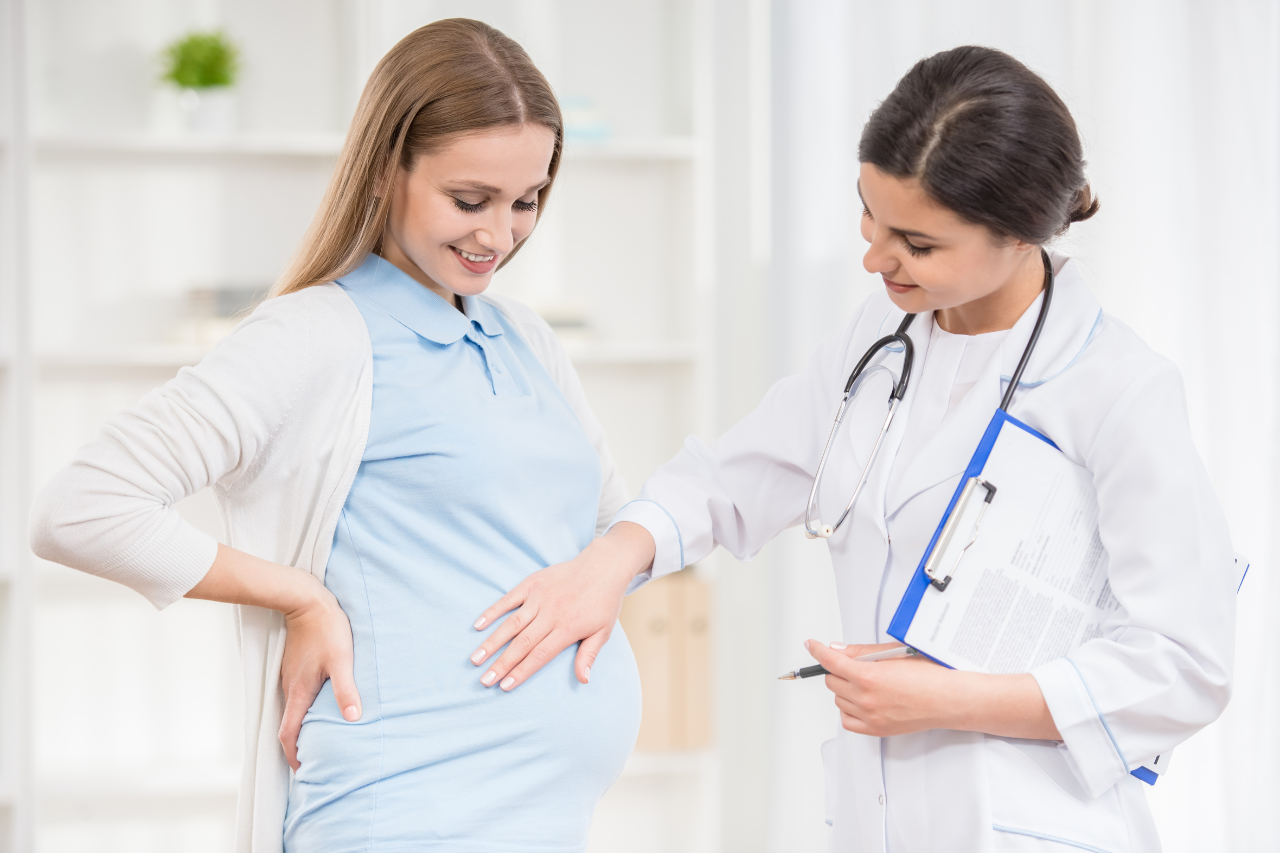
Getting pregnant with polycystic ovary syndrome (PCOS)
It is true that the woman’s body is so complex, admirable and at the same time miraculous, that it has the strength to withstand almost anything, being able to overcome all obstacles and bring a new life into the world. Polycystic Ovary Syndrome, or PCOS, is one of them.
What is Polycystic Ovarian Syndrome (PCOS)?
Polycystic ovary syndrome is a medical condition commonly abbreviated as PCOS. Polycystic Ovary Syndrome is characterized by the condition in which the ovaries produce more androgens than normal and is known as hyperandrogenemia.
It is a hormonal disorder that interferes with normal ovulation resulting in the appearance of multiple follicles, which do not mature and look like many small “cysts”, starting at 8 millimeters in size and located under the surface of the ovary.

The difference between PCOS and PCO
Although they sound similar, the difference is in the letter S.
- PCO, Polycystic Ovaries is the condition where the ovaries are slightly larger than normal. PCO is also found more in the small difference of the ovaries compared to the ovaries of other women.
- PCOS is related to a disorder associated with hormone levels that are out of balance.
What are the symptoms of PCOS?
The body speaks by sending signs that you should pay attention to. Your doctor will help you understand the situation and find the best fertility treatment. The most common symptoms are:
- Irregular menstrual cycle or none at all
- More body or facial hair
- Difficulty losing weight or gaining weight quickly
- Acne or oily skin
- Difficulty getting pregnant
- Hair thinning, hair loss and eventually hair loss
- Infertility
PCOS and Fertility Choices
Women with PCOS are less likely to get pregnant. However, this can be reversed with simple changes or with the help of science. Some women continue to ovulate, even infrequently. This situation is easier to deal with. However, there are fertility treatments that can help women with PCOS to get pregnant. Let’s look at the options.
PCOS fertility medication
It is the first infertility treatment recommended by doctors. Special oral medications are aimed at encouraging and regulating ovulation. If oral medications prove unsuccessful or ineffective, doctors move to the next alternative, medication given by injection. Injectable fertility treatment is very effective in stimulating the ovaries, while it is very important that the whole process is supervised by the doctor because there is a risk of multiple births since there is a possibility of producing many eggs.
Intrauterine insemination
This method can be combined with medication that helps with ovulation. In this case women should report the use of medication a few weeks before intrauterine insemination. On the scheduled day of IUI, the doctor directly inserts a sperm sample. Doctors use ultrasound to check egg development so they can determine the best time for a woman to do IUI. Blood tests and a pregnancy test should be done a few weeks after the procedure. For couples who do IUI treatment every month, there is about a 15% success rate per cycle.

In vitro fertilization IVF
When fertility medication for PCOS fails, IVF is an excellent option for a successful pregnancy. The chances are higher and the risks are lower. As a start, doctors prefer to transfer a single embryo to the uterus to avoid the possibility of multiple births. IFV treatment for women with PCOS involves several steps that will be done under the guidance of doctors. The success rate of IVF for women with PCOS is around 60%, which is why this method is chosen by most couples.
Surgery
If the doctor proceeds with surgery, it means that all previous treatments have been proved unsuccessful. It is important to remember that every situation is different. The doctor before the surgery will perform a series of tests and a vaginal ultrasound to have the information he needs, before recommending the surgery.
5 tips that might help you
- First, don’t get discouraged, because 90% of women with PCOS eventually conceive.
- If you are overweight, losing weight can help with an irregular cycle.
- The combination of weight loss and daily exercise a few times a week helps reduce insulin resistance and the likelihood of developing diabetes.
- Do not waste time and consult your gynecologist in case your cycle lasts more than 35 days, or you have irregular periods or you do not ovulate or have poor quality eggs.
- Seek the advice of a fertility specialist with extensive experience in ovarian stimulation to avoid ovarian hyper stimulation syndrome.
Advances in infertility treatment, your determination to do what it takes, give you the strength you need to face the situations that keep you away from your baby. Finding out that you may have PCOS should not put you off, as you have a better chance of getting pregnant than you think.



